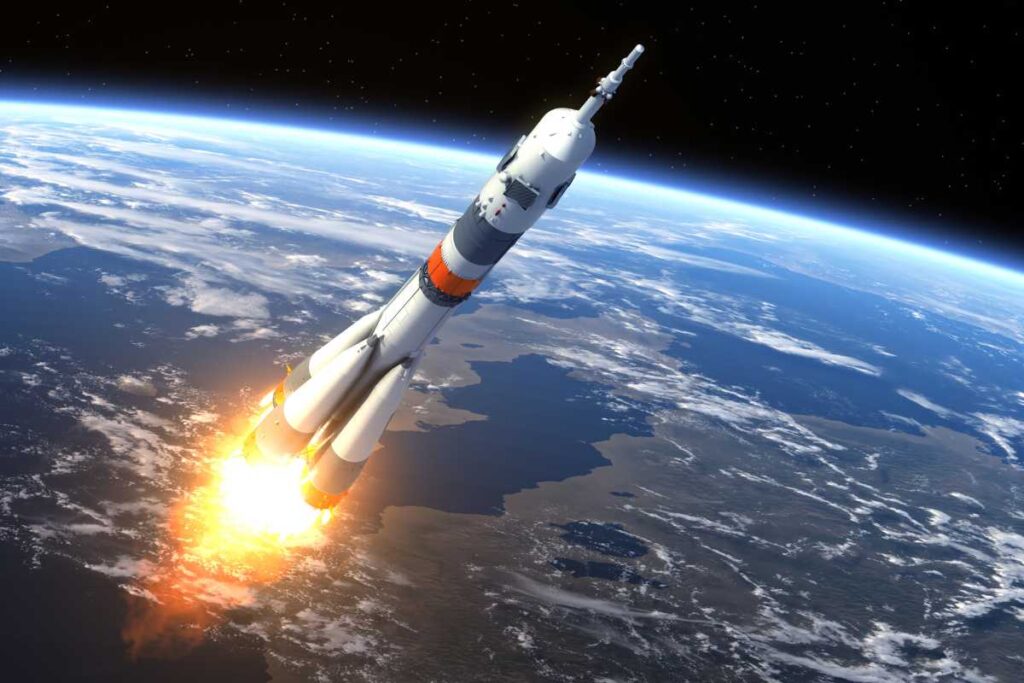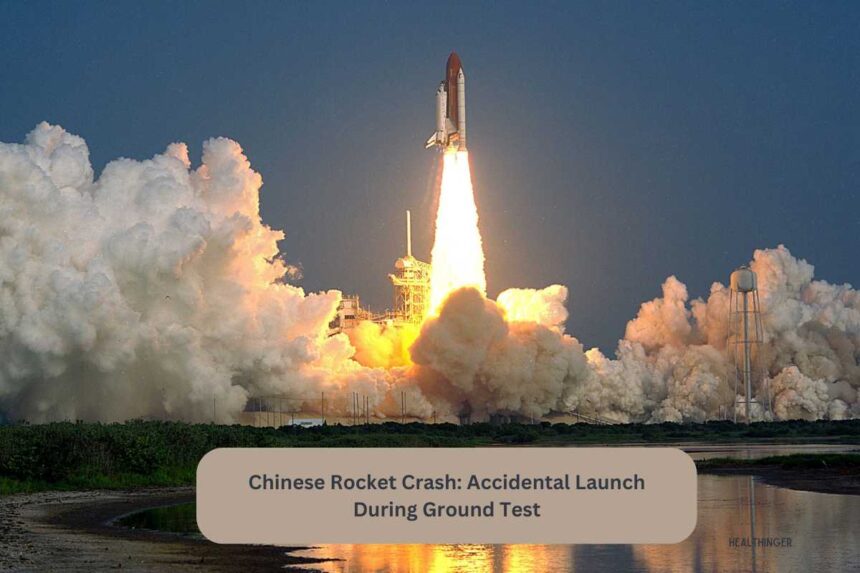Background of the Incident

The accident took place at the Space Pioneer rocket facility in China. While conducting routine tests to assess the readiness of the rocket for an upcoming mission, an unexpected anomaly triggered the rocket to launch unintentionally. Despite stringent safety protocols, the rocket lost control shortly after liftoff and crashed back onto the testing grounds.
Causes of the Incident
The preliminary investigation suggests several potential causes behind the accidental launch and subsequent crash:
- Technical Glitch: A malfunction in the rocket’s automated systems may have triggered the launch sequence prematurely.
- Human Error: Misinterpretation of test data or improper handling of controls could have contributed to the incident.
- Software Bug: A flaw in the control software might have initiated the sequence without manual intervention.
Further investigation is required to pinpoint the exact cause and prevent recurrence.
Immediate Impacts
The crash had several immediate consequences:
- Structural Damage: Significant damage to the testing facility and surrounding infrastructure was reported.
- Financial Losses: The destroyed rocket, equipment, and facility repairs will incur considerable costs.
- Safety Concerns: Although there were no human casualties, the incident raised serious safety concerns.
- Project Delays: Ongoing and future projects are likely to face delays pending thorough investigations and safety upgrades.
Global Reactions
The international community has responded with a mix of concern and support. Space agencies and experts worldwide are closely monitoring the situation to understand the causes and implications. There have been calls for more stringent global safety standards for space exploration to prevent such occurrences.
“This incident underscores the vital need for rigorous safety protocols in space missions. International collaboration is key to ensuring the safety of all space endeavors.” – Dr. Amelia Johnson, Aerospace Engineer
Lessons Learned and Future Precautions
This unfortunate incident provides crucial lessons for the future:
- Enhanced Safety Protocols: Implementation of more robust safety measures and regular audits to identify potential risks.
- Advanced Training: Comprehensive training programs for engineers and technical staff to handle emergencies effectively.
- Technology Upgrades: Continuous improvement of control systems and software to prevent technical glitches.
- International Cooperation: Sharing of knowledge and resources among international space agencies to enhance overall safety standards.
What Lies Ahead?
The road ahead involves a meticulous analysis of the incident, followed by the implementation of corrective measures. As the investigation progresses, Space Pioneer is expected to introduce new safety protocols and make necessary technological upgrades to prevent similar accidents.
Despite the setback, China’s commitment to advancing space technology remains steadfast. The lessons learned from this incident will likely contribute to safer and more reliable space missions in the future.
The accidental launch and subsequent crash of the Chinese rocket is a stark reminder of the complexities and dangers associated with space exploration. While such incidents are rare, they emphasize the need for rigorous safety protocols, advanced technology, and international cooperation. As the investigation unfolds and the necessary precautions are implemented, the hope is that future space missions will be conducted with enhanced safety and reliability.

